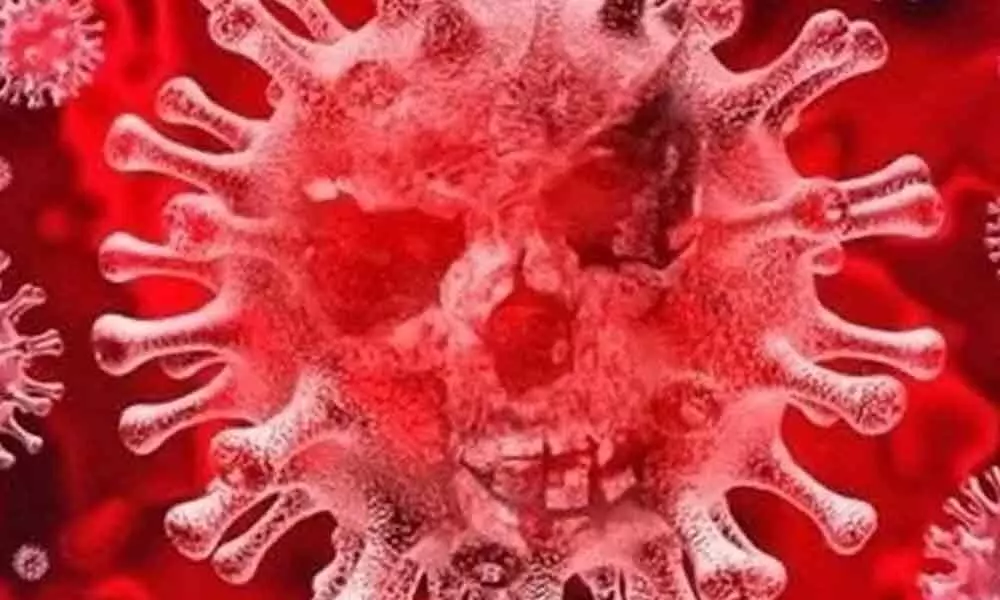Men at 62% increased risk of Coronavirus associated deaths: Study

Representational Pic
New research has added to the growing body of evidence that men have a 62 per cent greater risk of Covid-19 associated death compared to women, possibly due to higher levels of inflammation
London: New research has added to the growing body of evidence that men have a 62 per cent greater risk of Covid-19 associated death compared to women, possibly due to higher levels of inflammation.
Increasing evidence suggests a gender difference in SARS-CoV-2 infections. In most cohorts, men are overrepresented and previously published data show a higher incidence of severe courses of Covid-19 in men. According to the study presented on at ESCMID Conference on Coronavirus Disease (ECCVID, online 23-25 September), men are more likely to progress to critical phases of Covid-19.
"Men have higher death rates as well as more frequent ICU admissions and longer hospital stays, that are all associated with higher inflammatory parameters during all phases of Covid-19," said study authors from University Hospital Regensburg, Germany. For the study, the research team assessed 3,129 adult patients with Covid-19, enrolled between March and July 2020.
Clinical manifestation of Covid-19 was described in four phases: uncomplicated (asymptomatic/mild symptoms), complicated (need for oxygen supplementation), critical (need for critical care) and recovery. Symptoms, vital signs, inflammatory markers and therapeutic interventions were analysed over all phases as was the clinical outcome.
The male: female ratio in this mostly hospital-based cohort was 1.48 with a male predominance in all age groups. Male predominance was even more pronounced in the age groups to below 65 years and below 75 years.
Progression to a critical phase (generally reflecting ICU admission) was seen more often in men than in women (30.6 per cent vs 17.2 per cent). Mean hospital length of stay was longer in male patients (15.4 vs 13.3 days).
The findings showed that being male proved to be an independent risk factor for a 62 per cent increased risk of Covid-19 associated death in an analysis adjusted for various factors. While most laboratory parameters were comparable between male and female patients with Covid-19, men had significantly higher inflammatory markers (IL-6, CRP, PCT, ferritin) across all phases of the disease.
"In our cohort, this effect was not explained by differences in comorbidities, age or BMI between male and female patients," "We need further studies on what exactly makes men more vulnerable to Covid-19. We do not yet know which biological or possibly social factors lead to these marked differences," the authors concluded.
Recently, the study, published in the journal Current Hypertension Reports, suggested that estrogen may lessen the severity of Covid-19 symptoms in women. As men have lower levels of estrogen, they are at a greater risk for more severe outcomes from this virus, it said.











